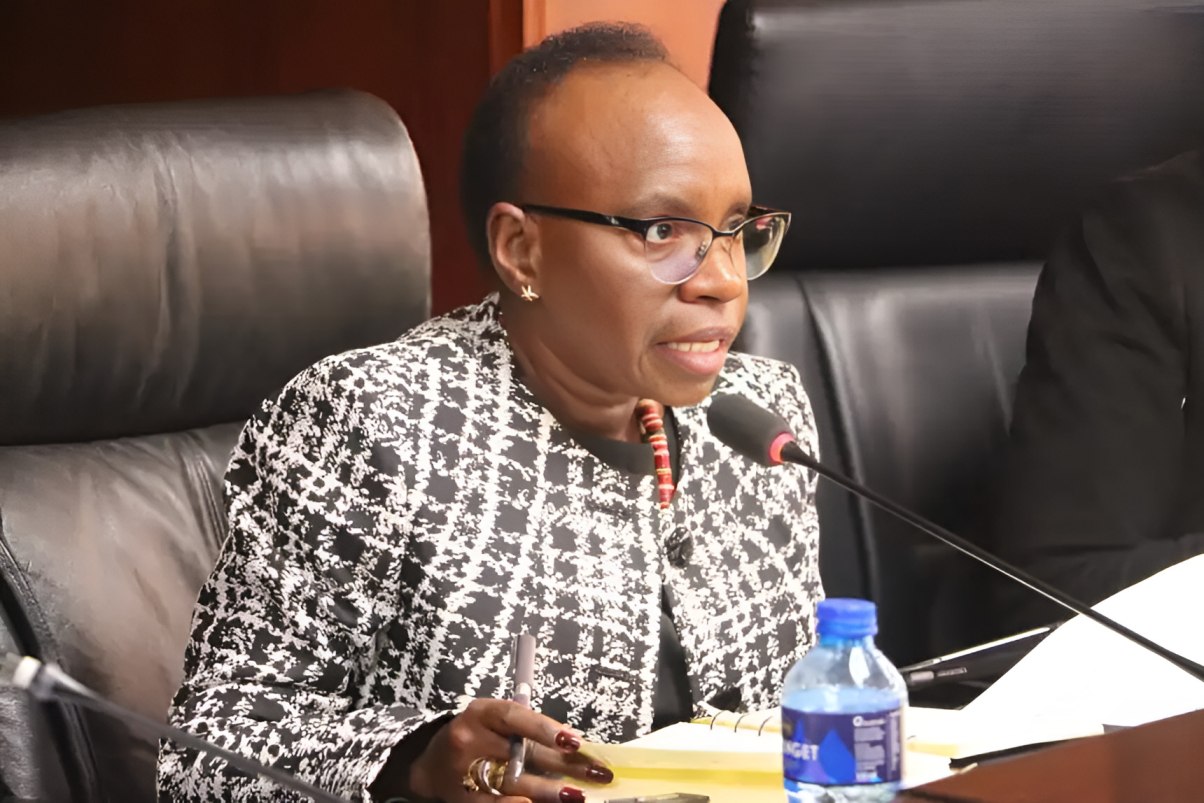Kenya has been hit with nearly Sh5 billion in penalties for delayed payments to contractors handling donor-funded projects, exposing the heavy cost of poor financial management by government officials.
An audit covering the year to June 2024 shows that delayed payments are increasingly costing taxpayers, while raising concerns over oversight of public and donor funds.
Auditor General Nancy Gathungu revealed that the Treasury incurred avoidable interest payments of Sh4,882,803,834 across 17 projects, saying, “During the year under review, the audit revealed that avoidable interest payments amounting to Sh4,882,803,834 were incurred across seventeen (17) donor-funded projects.
These instances reflect weak contract oversight, which undermines value for money and effective donor fund utilisation.
The audit found that Kenya received Sh206.86 billion from donors for these projects but spent only Sh197.23 billion, suggesting a potential Sh9.63 billion gap, as contractors struggled with delayed payments.
The African Vaccine Acquisition Trust attracted the highest interest of Sh930.59 million for payments made to a vaccine manufacturer for 13,333,333 unshipped doses.
Other major penalties included Sh856.73 million for the Mombasa-Mariakani Highway Project, Sh657.02 million for the Sirari Corridor Accessibility and Road Safety Improvement Project, Sh615.79 million for the Northern Corridor and Tanzania-Kenya-Sudan Road Corridor project, and Sh383.13 million for the Thwake Multi-purpose Dam.
The Thwake Dam is financed jointly by the African Development Bank and the Exchequer, while the Mombasa-Mariakani Highway Project receives support from the European Investment Bank, German Development Bank, and European Union-Africa Infrastructure Trust Fund.
Several projects, including the Sirari Corridor and Northern Corridor upgrades, are funded by AfDB, the World Bank, and other financiers. Kenya has historically depended on donor funds for capital-intensive projects due to limited Exchequer resources.
However, the hefty penalties underscore gaps in project management, particularly delays in contractor payments and timely execution of critical infrastructure.

